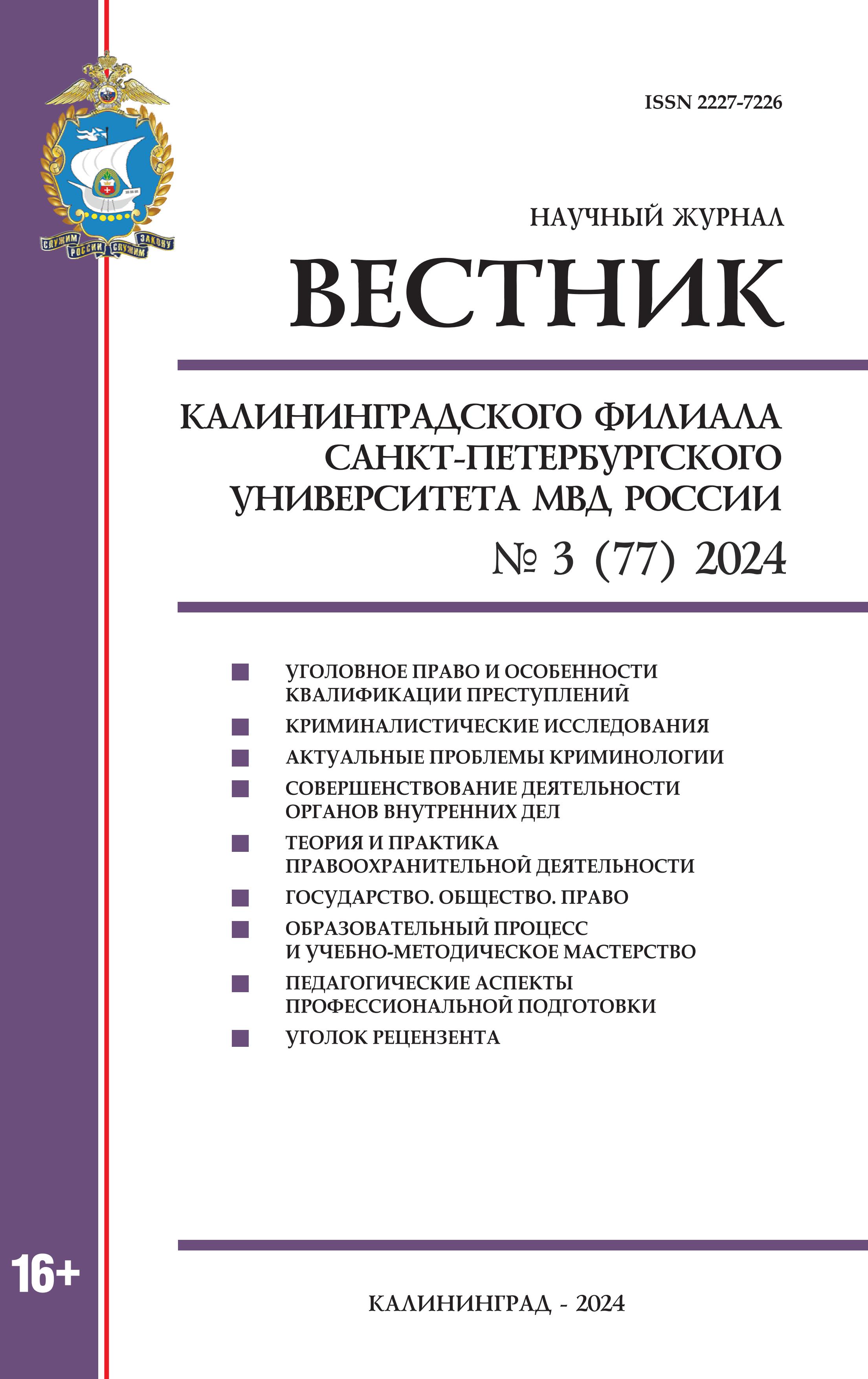Introduction. The Constitutions of the Russian Federation and the Republic of Nicaragua demonstrate an identical understanding of the rights of citizens and the possibility of limiting them for socially significant purposes. The Criminal Procedure Code of the Republic of Nicaragua does not regulate a significant number of relations arising in the process of searching for absconding criminals. The Law of the Republic of Nicaragua «On the Prevention, Investigation and Prosecution of Organized Crime and the Management of Seized, Confiscated and Abandoned Assets» only partially fills the gaps. The objective need to use a number of effective search measures in the absence of proper legal regulation creates preconditions for the violation of the rights of citizens in the Republic of Nicaragua. In Russia, the Federal Law «On Operational Investigative Activities» sufficiently regulates the use of methods for establishing the location of absconding persons while simultaneously ensuring guarantees of the protection of citizens' rights. Methods. The study used the general scientific dialectical method of cognition of the surrounding reality, which involves a complete and comprehensive study of phenomena, consideration of the connections and contradictions between them. In addition, the methods of description, logical comprehension, abstraction and generalization, and the comparative legal method were used. Results. The article argues for the advisability of adopting in the Republic of Nicaragua an analogue of the Russian law «On Operational Investigative Activities» or including norms similar to those enshrined in it in a separate chapter of the criminal procedure code. At the same time, it is noted that Nicaraguan legislation contains norms, the appearance of similar ones in the Russian Federation would improve the efficiency of its law enforcement agencies.
Search for escaped persons, entry into premises, control of correspondence, investigative action, operational-search measure







